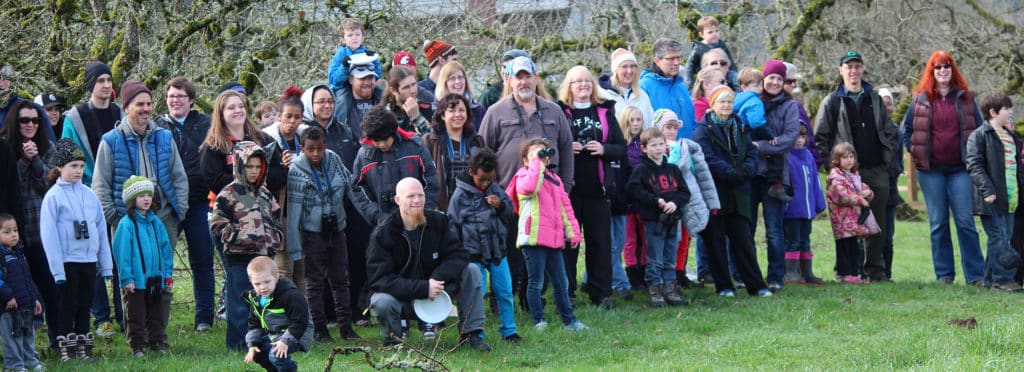The North Reach of the Willamette River has been contaminated for generations. The Superfund cleanup process has already spanned more than two decades. When all is said and done, Willamette Cove will represent one of a very few sites in this 10-plus mile stretch of the river where the public will make substantial gains in terms of access and enjoyment of the river. It holds the potential for restoration and healing of both our environment and our communities. It is the wrong place to create a massive contaminated waste dump.

In selecting this remedy, DEQ chose an alternative that, according to DEQ’s own evaluation criteria, is less effective and less reliable than Alternative 3b, which was strongly supported by the community and would have eliminated the onsite consolidated disposal area. Retention of a massive onsite contaminated waste dump will require that Metro adopt permanent institutional controls and fund and implement a permanent monitoring and maintenance plan at the site to ensure that future exposures to the public and the environment are prevented. It leaves the river vulnerable to recontamination via groundwater channels, and it leaves the entire area vulnerable to major release events caused by flooding and earthquakes. Finally, it leaves the public deeply uncertain about their own safety if they utilize this site. We do not have confidence that the agencies will be able to keep up a level of due diligence to maintain a safe environment for the public in perpetuity. Nor do we believe it is appropriate to leave this responsibility to future generations.
It is now up to the Metro Council to step up and go beyond the cleanup approved by DEQ. Metro Council Resolution 20-5149 passed by the Metro Council on December 10, 2020, calls for Council to convene a work session within thirty days of the issuance of the DEQ record of decision for Willamette Cove to discuss additional and voluntary actions that Metro could take at the site to further improve its environmental condition. DEQ incorporated into its record of decision “a contingency remedy which allows for Metro, during remedial design and in consultation with DEQ, to perform additional measures including additional removal activities to align with final plans for use of the Willamette Cove Site. Under this framework, Metro can eliminate or greatly reduce the volume of soil to be consolidated onsite and instead transport the soil offsite for disposal at a regulated waste facility.”

Metro Council has convened a work session on April 27 to discuss the DEQ decision. We are respectfully calling on the Metro Council to listen to community voices, including marginalized voices that have been most impacted, and pursue a remedy that removes, not consolidates, the legacy of contamination at Willamette Cove. As one of the only sites in the Willamette River Superfund Area to be coming into public ownership, we believe it is critical that Metro strive to attain the highest and most durable standards for cleanup. Metro can and must do better.



